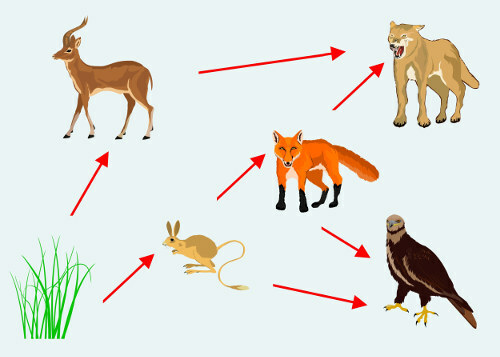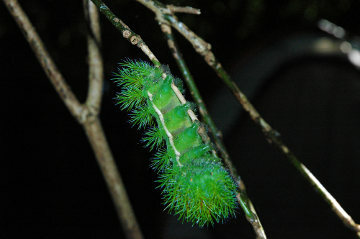Lymph is a clear or light-colored liquid with a milky appearance that circulates slowly through the lymphatic vessels.
The composition of lymph is similar to that of blood, except that it does not have red blood cells. It has white blood cells, 99% of which are lymphocytes. Basically, lymph is a fluid that is low in protein and rich in lipids.
Lymph, like blood, helps transport and remove substances from various parts of the body.
How does lymph form?
To understand the formation of lymph, it is necessary to know that in the internal environment of the body there are three types of fluids: o blood, lymph and intercellular or interstitial fluid. What sets them apart is where they are found.
Intercellular fluid forms from blood plasma that overflows from the capillaries. This excess accumulates between cells, in the interstitial space.
Intercellular fluid can have two destinations: being collected by blood capillaries or by lymphatic capillaries.
When intercellular fluid is collected by the lymphatic capillaries, it forms lymph. The pores of the lymphatic capillaries are small and do not allow the passage of
Red Cells. For this reason, we did not find red blood cells in the lymph.Meanwhile, the White blood cells they are able to pass through the walls of blood capillaries and reach the interstitial spaces, being collected by the lymphatic capillaries.
You lymphatic capillaries they are extremely thin and end in a blind bottom. They are positioned in the interstitial spaces and whenever there is excess fluid in this space, pressure forces them to migrate to the blood capillaries, forming lymph.
After being collected by the lymphatic capillaries, the lymph is transported to the lymphatic vessels. From there, it joins the blood and ceases to be lymph, returning to plasma.
What are the functions of the lymph?
- Blood does not transport substances directly to cells. Communication between blood and tissues is done by the lymphatic system. Roughly speaking, we can say that the cells do not receive blood directly and that they are nourished by the lymph;
- Promotes the elimination of impurities produced during your metabolism;
- Promotes drainage of substances and water from spaces between cells.
Complement your studies, read also:
Lymphatic system
Lymph nodes



